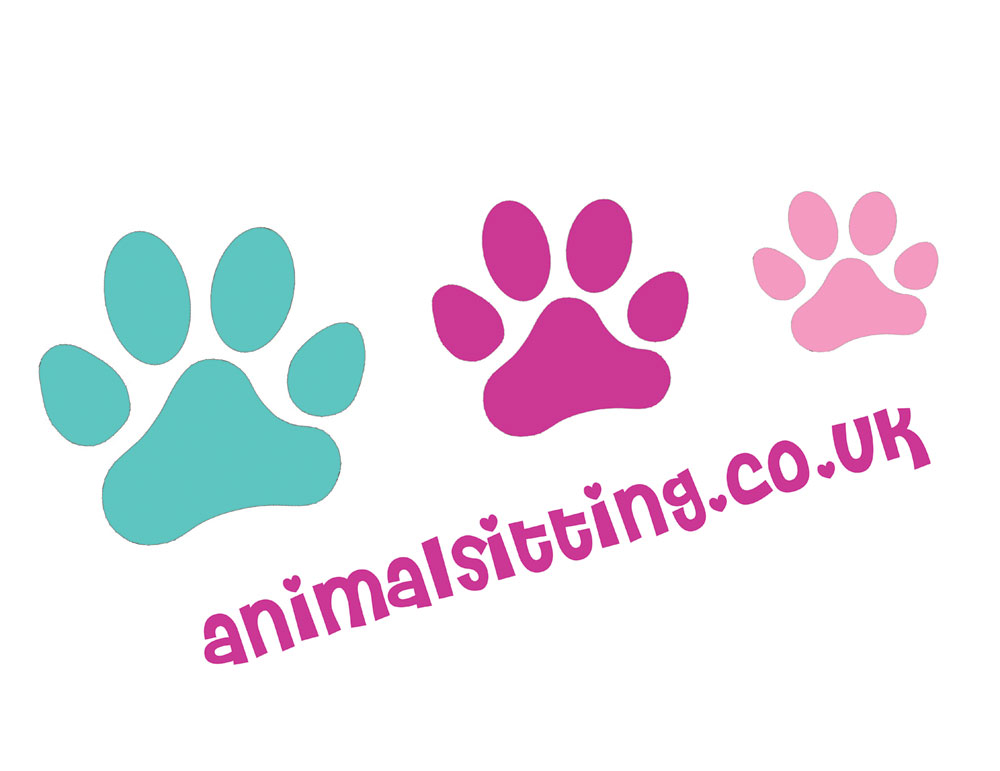What is obesity?
- Obesity is a disease that can be defined as an excess of body fat that is enough to impair health, welfare and quality of life.
- In people, this is generally recognised as 20-25 per cent above ideal body weight. The degree of obesity that impairs health, welfare and quality of life in pets has not been well defined and will vary between individuals. However, it is more likely to be similar to that seen in people.
The RSPCA believes obesity is an extremely serious welfare issue in pets because:
- It affects millions of animals – not just in the UK, but across the world.
- It can cause a lot of unnecessary suffering – in some animals obesity can be extremely disabling.
- It can affect animals for long periods of their lives.
- It is a preventable problem.
- Although some diseases can cause obesity, the main reason that pets become obese is because the food that they eat contains more energy than they use up. This means that if pets eat too much or do not do enough exercise, they may become obese.
- It is difficult to give an exact answer to this question, as different studies have given different estimates of the number of animals affected.
- However, studies from various parts of the world have estimated that between 22 and 44 per cent of dogs are overweight or obese, and these figures are similar for cats.
- diabetes mellitus
- orthopaedic disease
- heart disease
- respiratory distress
- high blood pressure
- skin diseases
- cancers
- You should be able to see and feel the outline of your pet’s ribs without excess fat covering.
- You should be able to see and feel your pet’s waist and it should be clearly visible when viewed from above.
- Your pet’s belly should be tucked up when viewed from the side.
What causes obesity?
How common is pet obesity?
Are certain pets more likely to be obese?
There are several factors that make it more likely that a pet will be obese. For dogs, these are:
Breed – certain breeds of dog have a higher risk of becoming obese than others.
Age – the risk of becoming obese tends to increase with age.
Neuter status – neutered dogs of either sex are more likely to be obese than entire dogs.
Sex – with the exception of older dogs, obesity has also been reported to be more common in female dogs than in males.
Owner – it has been suggested that dogs owned by obese owners may be more likely to obese. The exact reason for this is not clear, however, it may be because overweight owners are less likely to exercise their dog, or less able to recognise obesity in their pet.
Similar factors may also be associated with obesity in other pet animals. For example, some breeds of cat are more prone to obesity, as are neutered cats.
What are the health risks associated with obesity?
Obesity can both cause very serious health and welfare problems, and make existing problems worse. As a result, it can reduce both the length and quality of a pet’s life.
Just a few examples of potentially serious medical conditions associated with obesity in pets include:
It is likely that obesity also affects a pet’s ability to perform a range of natural behaviours. For example, an obese pet may not be able to exercise (as it would choose to if it were not obese) without experiencing respiratory problems or heat stroke.
How can I prevent my pet from becoming obese?
For dogs and cats there are a few simple checks you can do which, if carried out regularly, can help you to prevent your pet from becoming obese:
If your pet does not pass all three checks above, or if you are in any doubt about your pet’s weight, always consult yourvet.
They will be able to give your pet a health check and if necessary, they will recommend a weight reduction programme suitable for your pet. This will most likely involve making changes to your pet’s diet and making recommendations about exercise and activity.
Making these changes will help prevent your pet from gaining excess body fat and keep your pet healthy and happy.
Remember that all pets (not just cats and dogs) can become obese.
